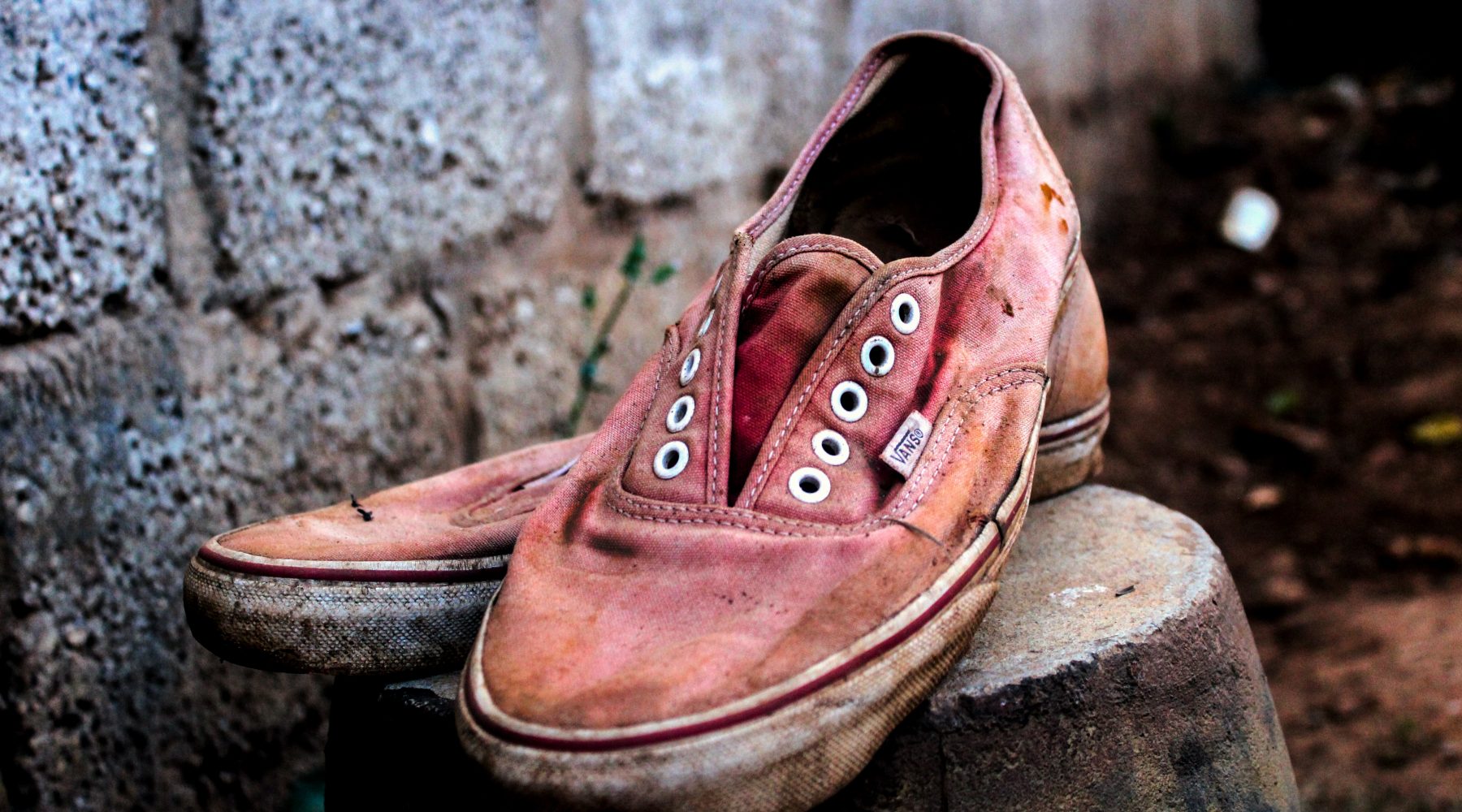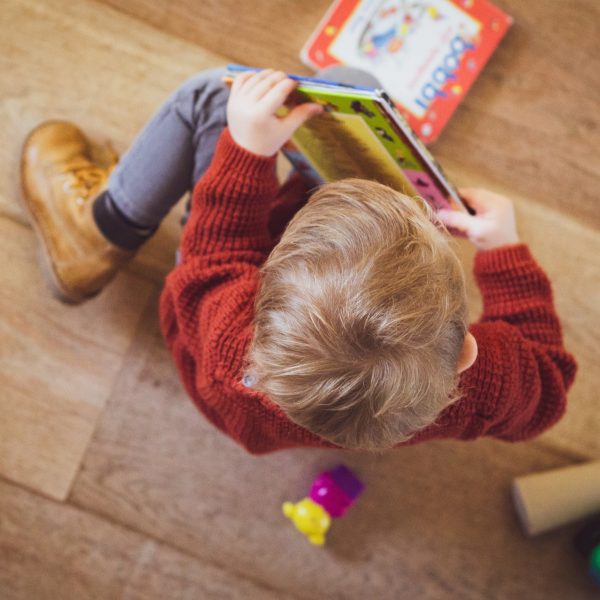Developing a disdain for dirty people: negative beliefs and bias emerge in childhood

Researchers have found that people adopt negative attitudes and behaviours towards those who they believe to be “dirty”, extending this thinking to explore the impact of children and adults who have contracted COVID-19 being stigmatised, speculating that this “will last well beyond the course of the illness, and that other, less warranted avoidance tendencies will form and persist.”
The research also found that these beliefs and attitudes are formed in early childhood, the research will be of interest to those working in the education and care sector.
The study, “In sickness and in filth: Developing a disdain for dirty people looked at the biases individuals harbor against people they see as physically dirty, finding that these emerge in children as young as five years old and persist into adulthood.
Conducted by researchers from Boston College and Franklin & Marshall College and published in an advance online edition of the Journal of Experimental Child Psychology, the study found that prejudice about being ‘dirty’ also extends to the sick, and may hold implications for people diagnosed with COVID-19.
In three experiments involving approximately 260 respondents, researchers found children’s and adults’ biases were stronger when evaluating similarly aged peers, and crossed cultural boundaries when tested in the US and India.
Co-author Associate Professor Angie Johnston said avoiding filth and germs is “typically advantageous” for both adults and children, but can pose issues when people are physically dirty or sick through no fault of their own – such as being homeless, or working a “dirty job”.
Avoiding people in these circumstances can lead to problematic social biases, fellow author Assistant Professor Joshua Rottman said.
In their research, Ms Johnston and Mr Rottman found that children and adults from both the United States and India are less likely to trust information conveyed by people who are unclean, and they are also less likely to attribute positive traits – such as intelligence or kindness – to individuals they see as unclean or unhygienic.
The researchers used three experiments to measure bias in children, between the ages of five and nine years, and adults against individuals who are sick or physically unclean, and determine whether these biases extend across cultures.
Respondents were shown photos of identical twins, one dressed neatly in a clean setting; the other in stained, disheveled clothing in a setting littered with rubbish.
The team’s first study found that children and adults consider clean adults to be more likely to possess favorable traits than dirty adults, and adults have particularly strong tendencies to trust information provided by clean adults.
The second study showed that only children view clean children as possessing more favorable traits than dirty children, but both children and adults selectively trust the testimony of clean children.
A third study in India uncovered similar patterns of results.
“Taken as a whole, these findings suggest that people who are perceived to be dirty will be frequently mistrusted, marginalised, maligned, and misunderstood from an early age,” the researchers concluded.
“These biases are generally constant across different causes of dirtiness,” Associate Professor Rottman said. “There are not clear differences between biases directed toward individuals who are sick versus individuals who are intentionally dirty versus individuals who are accidentally dirty.”
To extend the research, the team is currently investigating dirtiness stereotypes – such as labeling immigrants as “dirty” – elicit similar social biases in children.
Access to the study, in full, is available here.
Popular

Quality
Practice
Provider
Research
Workforce
Honouring the quiet magic of early childhood
2025-07-11 09:15:00
by Fiona Alston

Policy
Practice
Provider
Quality
Workforce
Minister Jess Walsh signals urgent action on safety and oversight in early learning
2025-07-11 08:45:01
by Fiona Alston

Workforce
Policy
Quality
Practice
Provider
Research
The silent oath: Why child protection is personal for every educator
2025-07-17 09:00:31
by Fiona Alston











